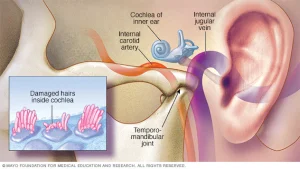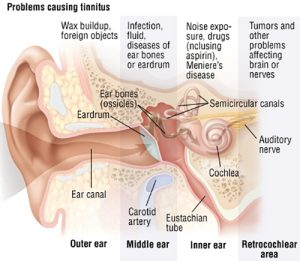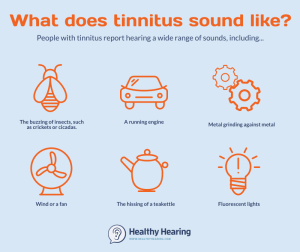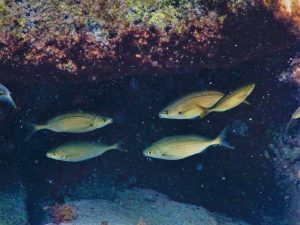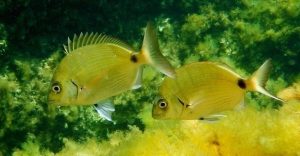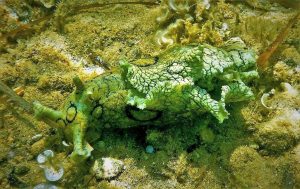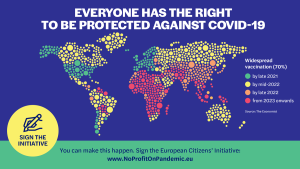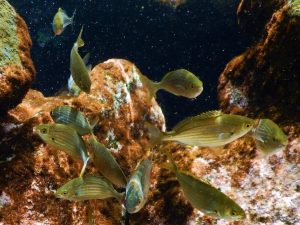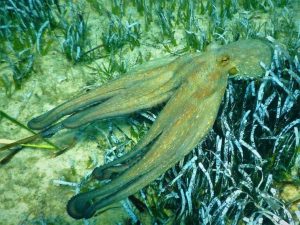Many politicians now appear to think that if they ignore increasing case rates, growing hospitalisations for COVID and daily death tolls reminiscent of war, the ogre that is COVID will somehow lose interest and go away, never to return. This is magical thinking, which links our fate to a “wait and see mentality.” It gambles the health and wellbeing of countless souls on the belief that if you hope for something to happen with enough fervour, the world will miraculously change for the better. Unfortunately, life is never that simple and the universe is governed by scientific principles centred around cause and effect

By Dr. Brian Johnston
Senior Public Health Specialist
London, United Kingdom
Living with COVID in a Transformed World
Across the world, the physical, psychological, social and economic impacts of the pandemic continue to manifest themselves in new and challenging ways, which stretch our ability to find adequate solutions. COVID-19 has been with us for a long time now and seems likely to remain an important and integral part of our collective experience for the foreseeable future.
People often describe “COVID fatigue” and express a bone numbing tiredness and lassitude in the face of the gnawing relentlessness of the pandemic. They continue to contract the virus, get hospitalised and die, but these effects have been largely mitigated through vaccination programmes, especially in developed countries. At the beginning of this year, the medical infrastructure of many countries strained under the onslaught of the virus and struggled to provide effective care to those unfortunate enough to become infected. More recently, the picture has changed – a dim light has replaced dismal darkness, but grey clouds gather on the horizon.
Internationally, the patchiness and inequality of vaccination programmes has left large parts of the world’s population without even a first dose. High numbers of unvaccinated individuals living in deprived areas, without adequate medical care or infrastructure, represents a real danger to us all. How can we consider ourselves safe when the virus can roam relatively unhindered within large populations of unvaccinated people? A new COVID variant taking root in such fertile soil could easily blossom into a florid catastrophe of breath-taking proportions.
From another perspective, the growing challenges of long COVID are now being recognised by health professions across the world, as was recently highlighted in an article in The Lancet journal: https://doi.org/10.1016/S0140-6736(21)01900-0
The aftermath and long-term implications of contracting and surviving COVID on multiple organ systems, remains an important area of research.
As our understanding of the long-term consequences of COVID grows, it seems increasingly likely that the virus will continue to affect the lives and livelihoods of millions of people for many years after the initial heat has gone out of the pandemic. This of course assumes that we can extricate ourselves from a persistent cycle of spikes in the number of excess deaths due to COVID -19. Perhaps the virus will become endemic in certain places, a constant presence in specific countries and an ongoing blight on the existence of the local populations. Only time will tell…
Whilst the economic damage created by the virus has serious health and financial implications for large sections of the community, the injudicious easing of restrictions has the danger of perpetuating the spread of infection and fanning the embers of the contagion.
Decision makers must find effective ways of combating COVID which place the minimum restrictions on individuals, whilst gaining the maximum benefits in terms of preventing the spread of the virus. This is a fine balance, which requires clear insight and sound judgement, based on high quality data at both a local and national level. Leaders need to be flexible and learn quickly from mistakes – shared learning, communicated in a clear and timely way, is central to this endeavour.
It is not enough for politicians to say that they are led by “the data” or by “the science.” Data is often subject to multiple interpretations depending on how it is analysed or reported, and science never speaks with a single voice, but from a multitude of competing perspectives, clamouring to be heard.
Vaccinations, whilst a great blessing, have led to a certain amount of complacency among some politicians and health decision makers dealing with COVID. It has been a tough journey for everyone affected by the virus over the past 18 months and some of the scars may never heal completely. The latent damage incurred by delayed operations, stress, mental illness and the economic impact on both jobs and businesses, is likely to continue for many years to come.
Against this background, the need for strong leadership coupled with a clear understanding of the current situation is of paramount importance. Learning from mistakes made in other countries is to be welcomed as it saves time, money and lives.
When change is destructive and threatening, like a stormy sea, it is not enough to float passively on the surface and hope to ride the waves until they eventually lose their energy. If COVID has taught us anything, it is that change can be quick and unpredictable. Challenges can come from places where you least expect them and remain hidden until the last minute, like shallow reefs beneath the surface.
The effects of some measures designed to restrict the spread of the virus have inevitably had economic repercussions and negatively impacted our mental and physical health. However, in the journey towards normality and a future no longer tainted by COVID, it would be unwise to abandon these measures entirely. Instead, a flexible approach which addresses the current dangers with reasonable solutions would seem to be the best path. If we run too quickly along a poorly lit road without adequate protection, we are in danger of stumbling or worse still, being cut to shreds by unseen forces before we can avoid them.
Human beings are complex and their behaviour when faced with existential threat can take a number of forms, which often makes things worse. Many politicians now appear to think that if they ignore increasing case rates, growing hospitalisations for COVID and daily death tolls reminiscent of war, the ogre that is COVID will somehow lose interest and go away, never to return. This is magical thinking, which links our fate to a “wait and see mentality.” It gambles the health and wellbeing of countless souls on the belief that if you hope for something to happen with enough fervour, the world will miraculously change for the better. Unfortunately, life is never that simple and the universe is governed by scientific principles centred around cause and effect.
Wearing masks, good ventilation, social distancing, washing hands and self-isolation have all been shown to be effective ways to curb the spread of the virus. This knowledge has been bought in blood and so it is not only unwise, but negligent, for decision makers to relax these measures without a full, comprehensive, ongoing and careful assessment of the risks involved. A flexible approach to the management of the pandemic is required if we are to negotiate the ever-present dangers created by the constantly changing landscape that is COVID-19.
————-
By the same Author on PEAH
Death in the Time of COVID
Unleashing the True Potential of Data – COVID-19 and Beyond


